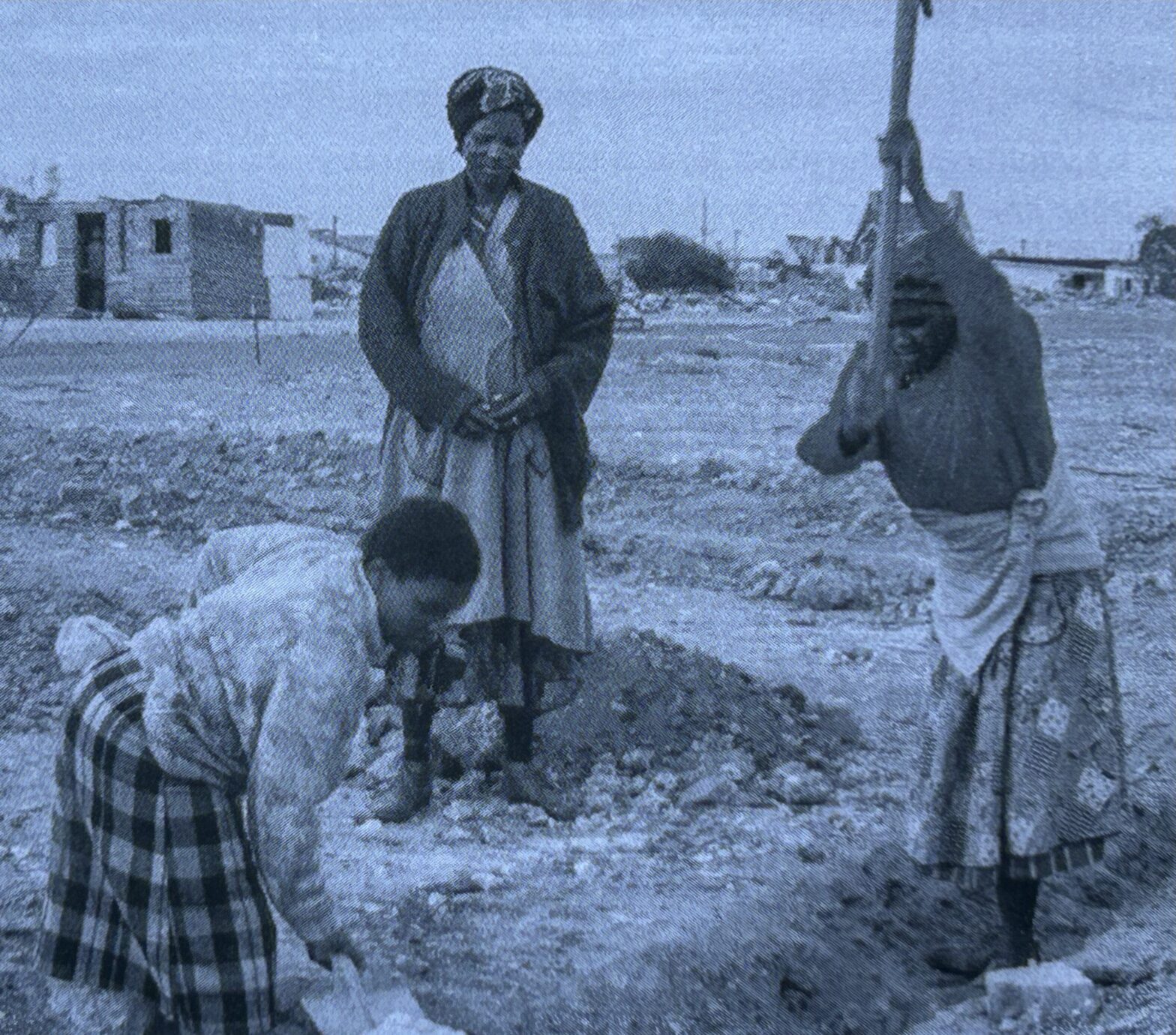February 7th 2024
The “Victoria Mxenge Housing Project” is a wonderful example of a grassroot initiative together with government housing policy. It is noteworthy that the initiative came from women in the townships.
A quarter of South Africa’s population still lives in the shacks of townships. They are the remnants of the apartheid era.
In 1991 there was an important international conference in Johannesburg at which experiences about Indian cooperative systems, the “stokvels savings associations”, were exchanged. Initially there were twelve women in Khayelitsha, who began to develop this system to build their own houses. Each of these women had the task of winning another five women over to this idea and so on until there were around 300. Eventually, groups of 20 women each were formed. Every day, each of these participants gave a contribution that they could save into a common fund, with exact records being kept for each person.
All of this was still in Khayelitsha, where everyone lived in tin shacks. From 1993 to 1997, after years of group formation, years of learning to build, to construct and forming associations, they were able to get start-up loans from NGOs and also approach the church to get land for them to build on and finally government support to build the houses themselves. Money was only spent on building materials.
The women learned everything themselves in groups. Pressing the tiles, raising the walls and even constructing the roofs. In this way, a total of 5,000 houses were built in Philippi until 2017.
This process was so successful because women’s learning through storytelling was traditionally their own.
Over time, however, the learning processes became systematized and thus alienated from women again. A sense of professionalism arose, even leading to the entry of small companies that eventually took over the construction as a whole. It was argued that this would be faster.
In 2017, all state subsidies finally went into the hands of construction companies, some of which themselves sank into corruption. The administration wanted to speed up the construction process, but the funds disappeared. Finally, the residents‘ identification with their newly acquired houses also disappeared.
A lot can be learned from these many years of experience!
The successes, how it all started and the problems that brought it to an end.
Maybe we can start with a big conference again? But it also takes the extraordinary personalities of these women, such as Patricia Matolengwe and many others, who made it all possible.
Source:
Interview with Patricia Matolengwe on January 22nd 2024
Book by Salma Ismail, The Victoria Mxenge Housing Project, UCT Press 2015

